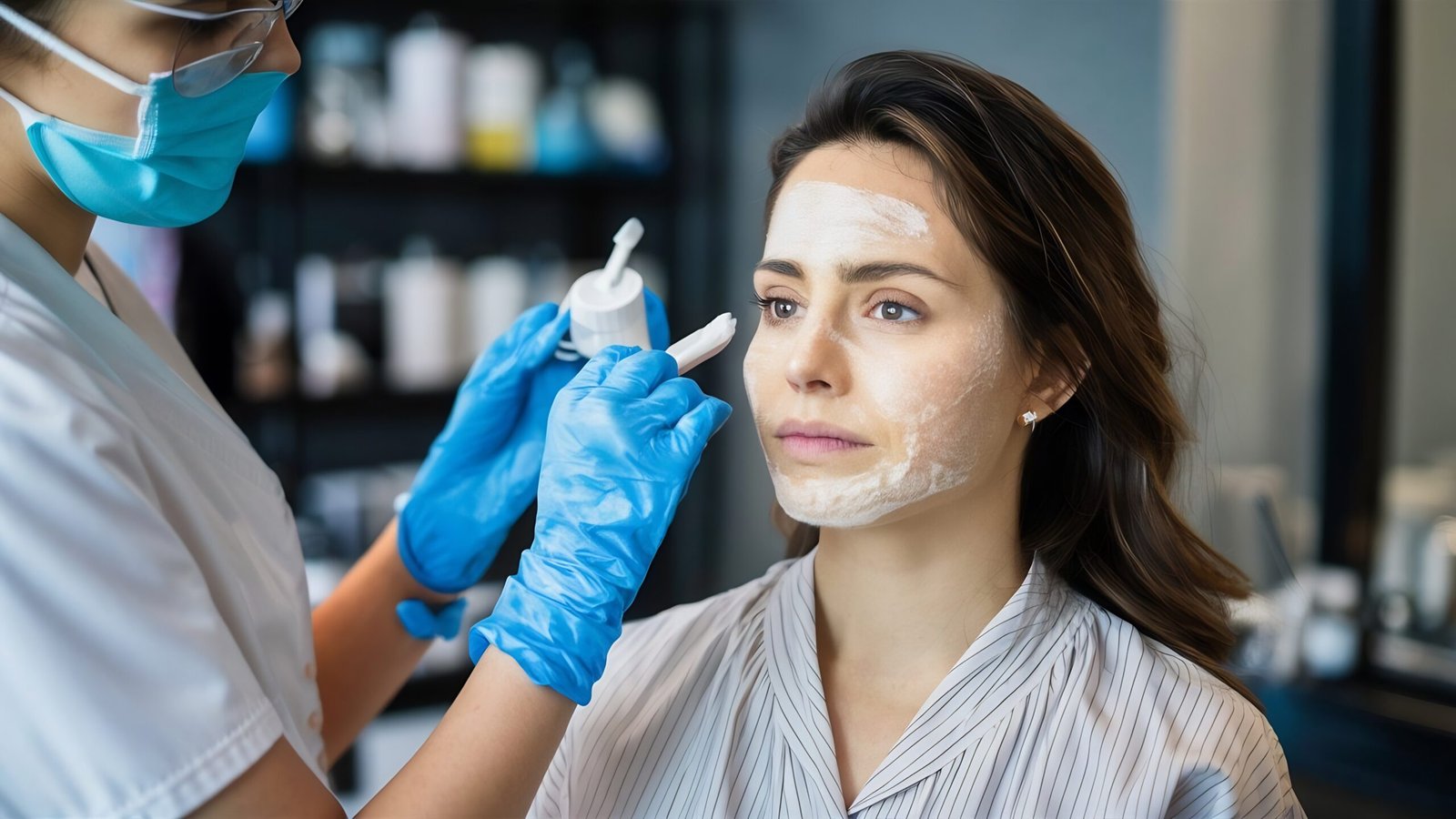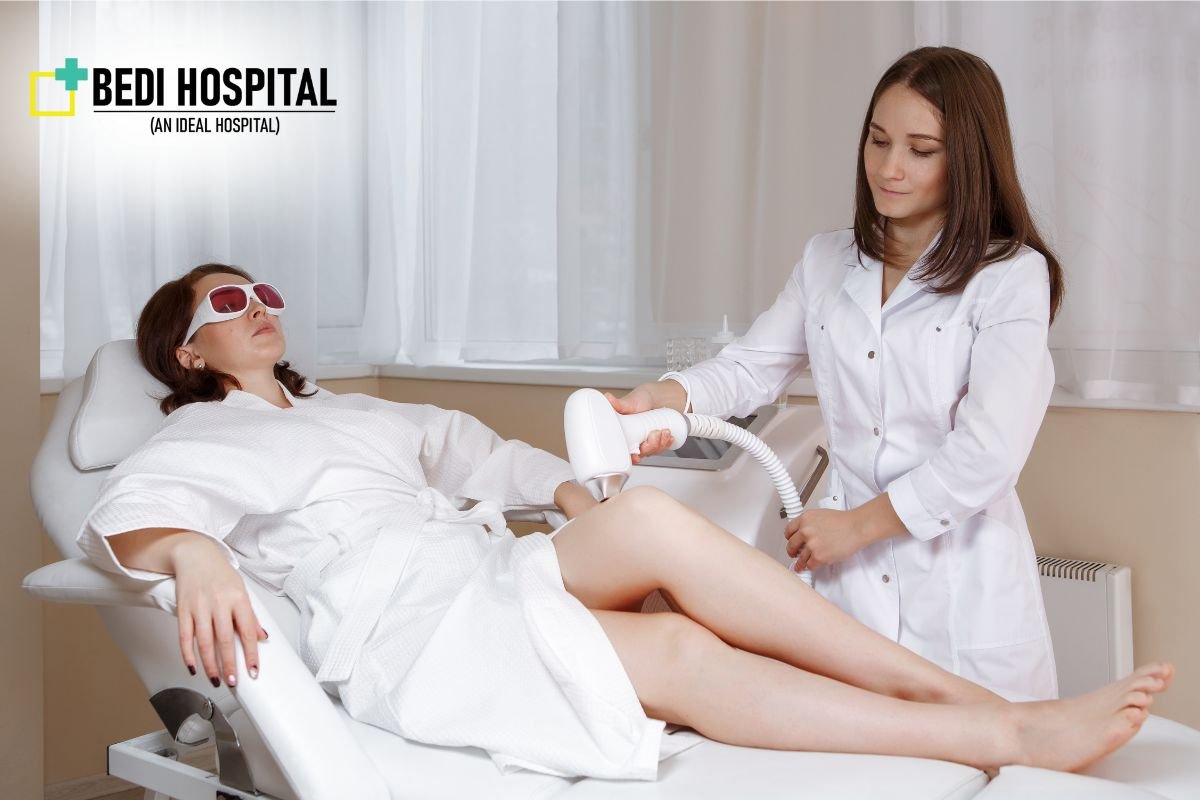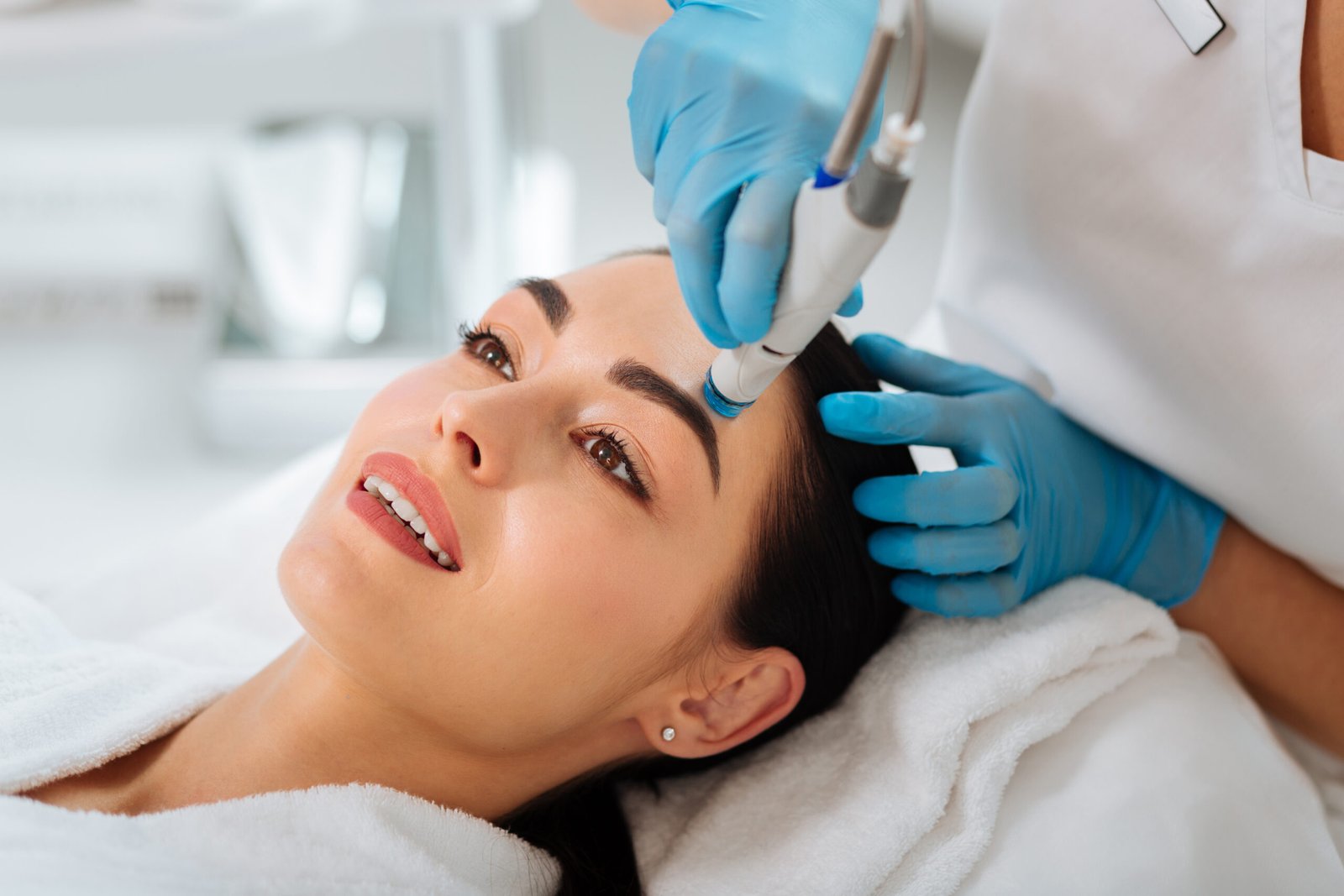
Skin Doctor in Kaithal: Understanding Chemical Peels and Their Benefits
Healthy skin is not just about appearance. It reflects...
Read More- February 19, 2026

Is Full Body Laser Hair Removal Safe? A Complete Patient Guide
Unwanted body hair can be frustrating. Shaving feels endless,...
Read More- February 19, 2026

Hydrafacial Near Me: Step-by-Step Procedure and Aftercare Tips
If you’ve recently searched for hydrafacial near me, you’re...
Read More- February 19, 2026
